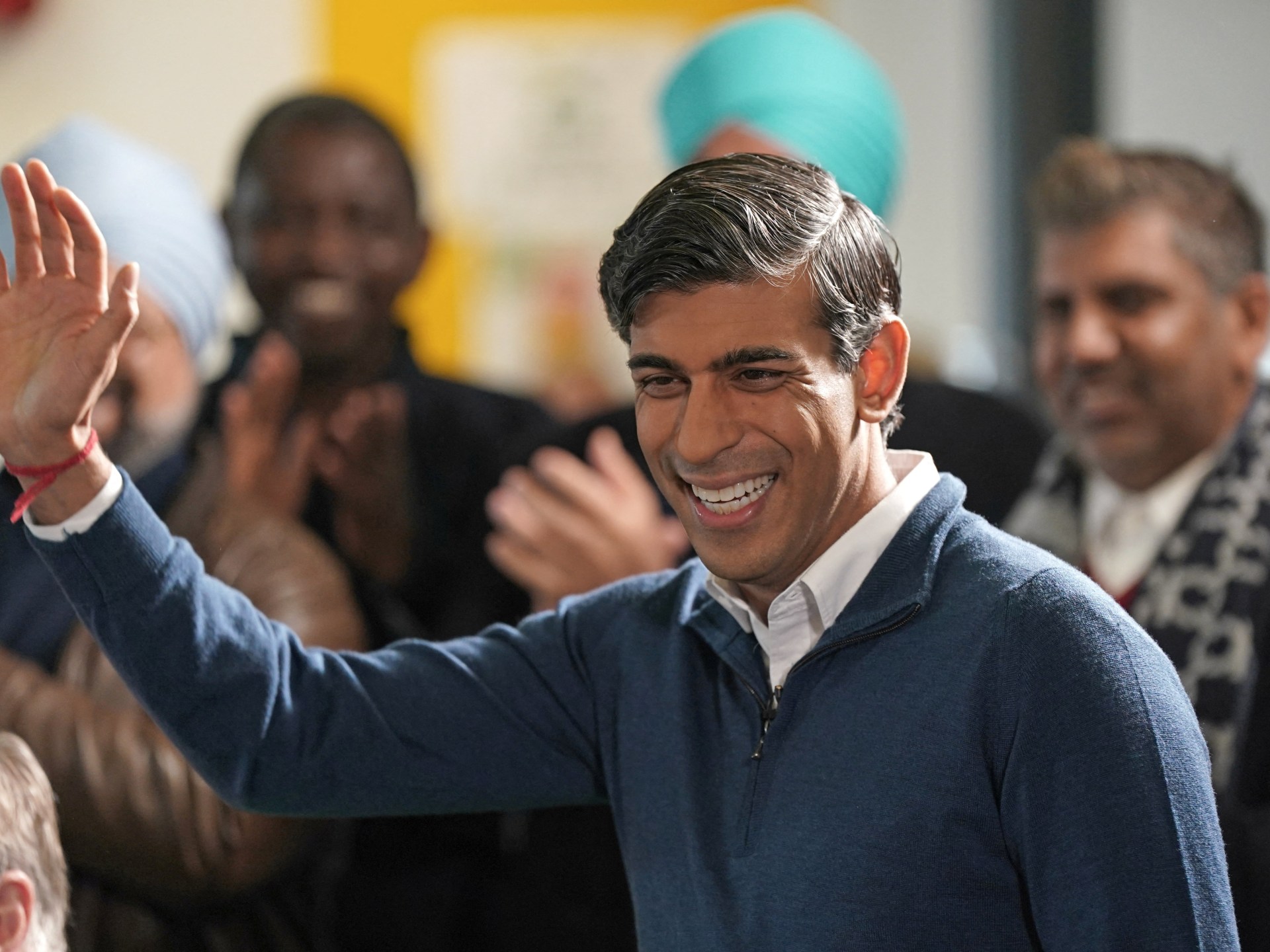Prime Minister Rishi Sunak of Britain has set an assumption that there will likely be a general election in the second half of 2024. During a visit to Nottinghamshire, he stated that it is his “working assumption” that the election will take place in the latter part of the year. Despite not ruling out the possibility of an election in May, which would coincide with local elections, Sunak emphasized the importance of stabilizing the economy.
Political Landscape
The Prime Minister expressed his determination to continue managing the economy effectively, reducing taxes, and addressing illegal migration, highlighting his commitment to serving the interests of the British people. However, the Conservative Party, which has gone through five leaders and prime ministers since 2010, is expected to face challenges in the election as it lags behind the Labour Party in the polls.
The leader of the Labour Party, Keir Starmer, also made his first appearance in Bristol this year, with a goal of leading his left-of-center party back to power. He emphasized that the country and its people are eager for change, questioning the Prime Minister’s intentions and expressing concerns about the implications of prolonged indecisiveness.
Sunak's Challenges and Pledges
Prime Minister Sunak has encountered difficulties in fulfilling his key pledges, such as halting migrant arrivals in small boats, fostering economic growth, and reducing hospital waiting lists. While he has achieved the target of halving inflation by the end of 2023, economists have attributed this success to factors beyond government policies.
Sunak faces challenges from various fronts, with Labour’s Starmer pledging to challenge the Conservatives on the economy, a domain traditionally seen as one of their strengths. Additionally, the right-wing Reform UK party’s refusal to extend its alliance with the governing party to safeguard their parliamentary seats adds to Sunak’s concerns.
Moreover, the Prime Minister must navigate a growing rebellion within his own party, with certain lawmakers threatening to initiate efforts to remove him if he does not consider tax cuts, which they believe could help in regaining support from traditional Conservative backers.
As the so-called spring budget approaches on March 6, Sunak aims to deliver announcements that will resonate with his party members, potentially appeasing the growing dissent and reinforcing support within the Conservative ranks.
Conclusion
The anticipation of the 2024
general election in Britain engenders a dynamic political environment, with both major parties preparing for a significant contest. The Prime Minister’s assumption shapes the ongoing political narrative, setting the stage for strategic maneuvering and robust engagement as the election draws closer. As the discourse between the Conservatives and Labour intensifies, the implications of this election assumption reverberate throughout the political landscape, shaping the aspirations and strategies of the key players striving to secure the trust and support of the British electorate.


